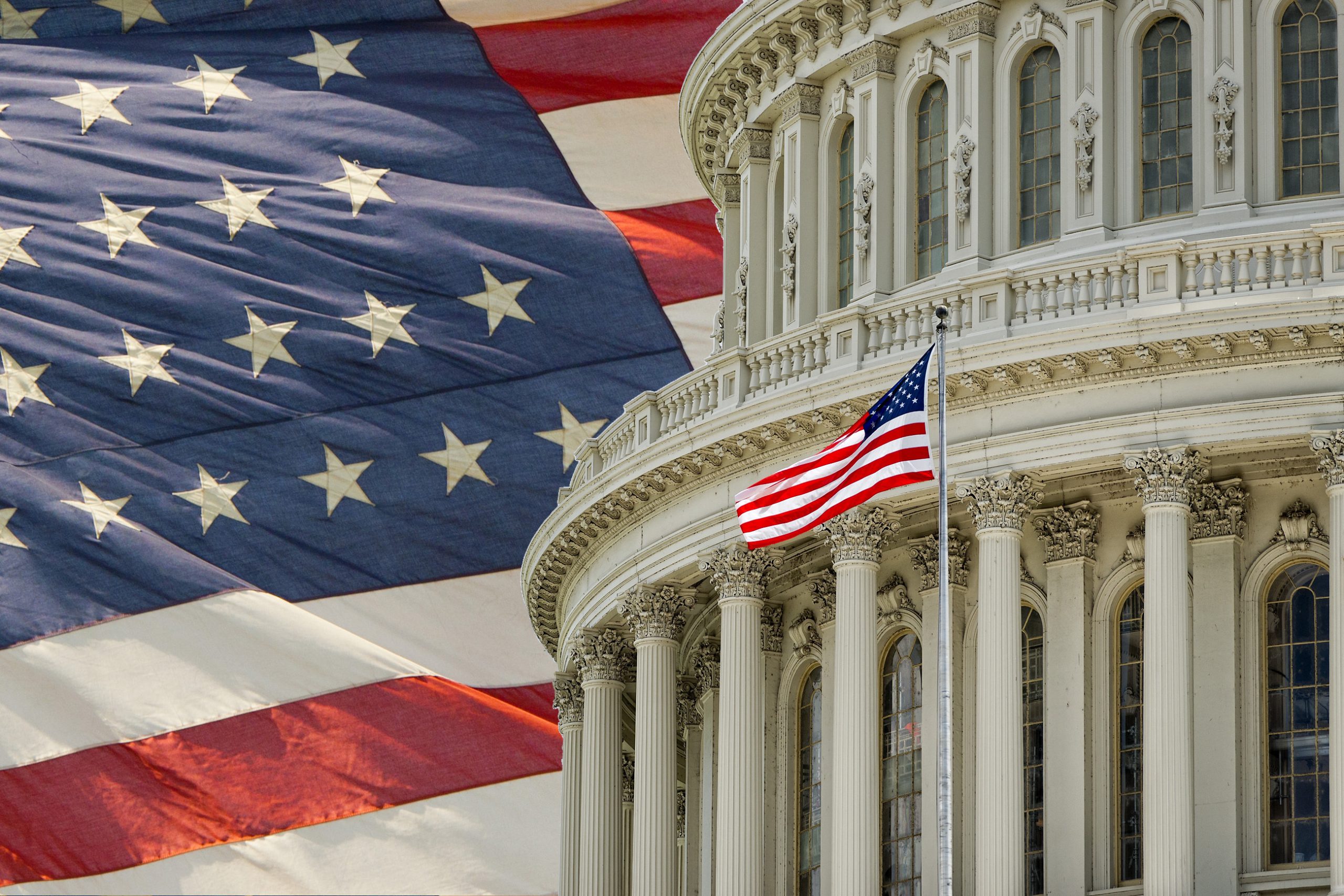Since Biden’s arrival in the White House on the 20th of January 2021, the US administration has adopted a policy of relative disengagement in dealing with crises and conflicts in the Middle East. Washington has opted to pull back on its involvement in the region in order to increase its focus on countering China and Russia, who challenge American influence and power globally. Rather than attempting US-brokered agreements and resolutions in the face of seemingly intractable obstacles in the Middle East, the Biden Administration is reinforcing American presence in the Indo-Pacific region, where the rivalry between Washington and Beijing is escalating.
Compared to previous administrations, it can be said that US interest in the Middle East is waning. The Biden administration appears to be adopting a more limited and cautious approach in dealing with crises in the region. Over the past months, several developments have demonstrated the administration’s orientation towards the region, the most notable of which are:
Special envoys and their limitations: As pledged in his 2020 presidential campaign, President Biden designated special envoys to focus on crises in the Middle East, those already on the administration’s agenda, as well as newly unfolding issues. However, regional and international developments have imposed clear limits on the options available to special presidential envoys, thereby curtailing the US administration’s ambitions to resolvie disputes.
To illustrate, Special Envoy of Afghanistan Zalmay Khalilzad was mandated to complete US withdrawal from Afghanistan, but in the face of American and global criticism regarding how the withdrawal played out, Khalilzad submitted his resignation on 19 October. The mandate of incumbent Special Envoy for Afghanistan Thomas West remains largely unclear in the face of escalating terrorist operations in the country.
Special Envoy to Iran, Robert Mali, leads US efforts to re-establish the 2015 Joint Comprehensive Plan of Action through indirect talks with Iran in Vienna that resumed on 29 November last. The Vienna talks continue to date, with no clear resolution in sight. Meanwhile, Special Envoy to Libya, Ambassador Richard Norland, had been charged with supporting the elections scheduled on 24 December, and had expressed concern that elections may be postponed. His efforts were not successful in completing the elections on time, and they were in fact postponed, leaving Libya in a volatile situation.
Efforts to de-escalate Israeli-Palestinian tensions: Although the Palestinian-Israeli conflict was not a priority for the Biden administration during its early months, the 11-day military escalation in Palestinian territories last May prompted intense diplomatic engagement, whereby the administration supported Egypt’s efforts to conclude a ceasefire between both parties on 21 May.
Resisting pressures to use military option against Iran: Israel continues to pressure the U.S. to warn Iran of resorting to a military option should the Vienna negotiations fail to enforce compliance with the the 2015 nuclear agreement. Nevertheless, the Biden administration continued to assert its reliance on diplomatic engagement and imposed further sanctions on Iran. This stance was illustrated by the US declining to use military force in retaliation for the attack on the American military base in Al Tanf, Syria, on October 20th, that was purportedly orchestrated by Iran-backed militias.
Acknowledging the failure of military intervention in the region: Over the past two decades, US military intervention has exacerbated the security situation in the Middle East, giving rise to a number of failed states with no control over their territory. The human and material cost of these interventions far outweigh any advantages to Washington, and failed states provided breeding grounds for terrorist organizations. These considerations prompted President Biden’s accelerated withdrawal of American forces from Afghanistan on August 31, thereby ending two decades of war. In Iraq, President Biden concluded an agreement with Iraqi Prime Minister Mustafa Kazemi, to formally end US combat missions in Iraq, with some troops remaining to provide training and advice to Iraqi forces in the war against terrorism.
Other powers play active roles: Currently, Russia, Iran and Turkey play key roles in the Syrian crisis; and regional powers as well as a number of Europeans states lead diplomatic efforts in Libya. This indicates that Washington is pulling back somewhat and is unwilling to engage in costly conflicts with limited gains. Hence, it has confined its role to de-escalation, prompting provisional political compromise until the parties involved in conflict can reach long-term settlements.
Increasing humanitarian assistance: As part of this new orientation, the US administration has increased humanitarian assistance to those affected by crises in the region. On April 7th , the administration reinstated US$235 million of US aid to Palestinians that was previously suspended by the Trump Administration; on August 4th, it announced US$100 million in additional economic support for Lebanon; on 9 August, it announced US$165 million in humanitarian assistance in Yemen; and on June 28, U.S. Secretary of State, Anthony Blinken, announced an additional US$436 million in humanitarian assistance to Syrians, both inside Syria and in neighboring countries.
It appears that the US will continue to follow a strategy of de-escalation and disengagement in dealing with various crises in the Middle East in the near future, not only because of the increasing importance of countering Chinese influence in Indo-Pacific region, but also because of growing tensions over Russia and the Ukrainian crisis. Moreover, as mid-term elections for US Congress in 2022 draw near, the administration’s focus is likely to turn to domestic issues.


